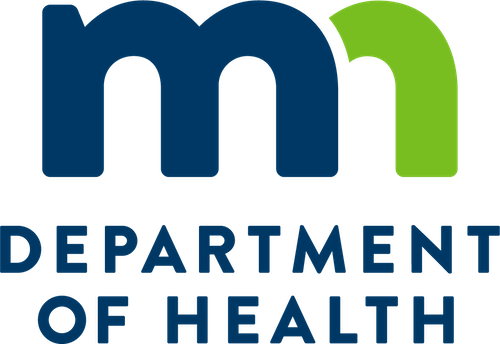Drinking Water Protection Sanitarian, State of Minnesota Department of Health
Category : Alumni
The Minnesota Department of Health (MDH) Drinking Water Protection (DWP) Section is seeking a dedicated Public Health Sanitarian 3 to help protect public health by ensuring the safety and quality of drinking water across Minnesota. This position plays a critical role in implementing and enforcing the Federal Safe Drinking Water Act (SDWA) and related state regulations for noncommunity public water systems, including schools, daycares, restaurants, parks, resorts, and other facilities that provide drinking water to the public.
As a DWP Sanitarian, you will independently conduct sanitary surveys, water sampling, compliance assessments, and contamination investigations within an assigned geographic region. The position requires strong technical skills, sound judgment, attention to detail, and the ability to build trusted relationships with water system operators and partner agencies while also enforcing state and federal regulations when needed.
For more information and application instructions, visit the job post on 12Twenty.










Recent Comments